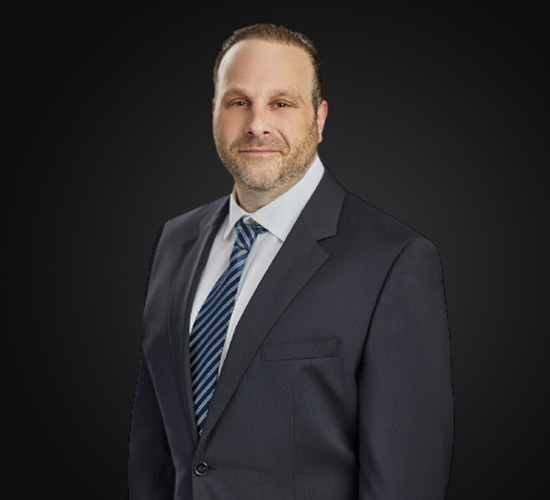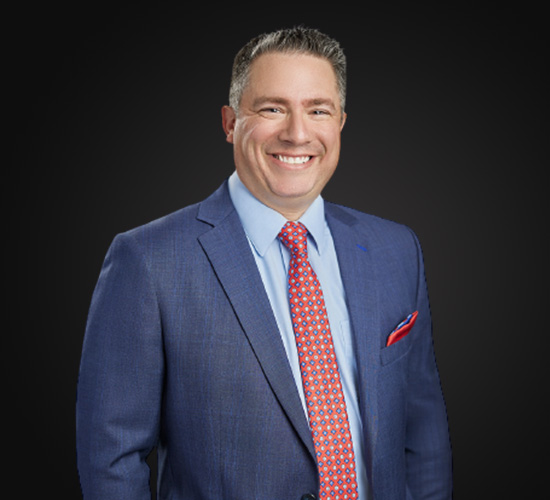LPC LAW PERSONAL INJURY LAWYERS
Your Best Choice in South Central Ontario Personal Injury Lawyers
LPC Personal Injury Law Firm, a proud member of BARAPP Law Alliance, is home to your best personal injury lawyers across South Central Ontario in Bolton, Oshawa and Peterborough. Our unparalleled skill and success at handling a wide spectrum of personal injury claims, combined with our reliable, client-focused approach, are what set us above other Ontario personal injury law firms. We excel at cases involving car, motorcycle and pedestrian accidents, slip and fall accidents, dog bite incidents, traumatic brain and spinal cord injuries, orthopaedic injuries and public transit accidents. At LPC Law, we provide constant support anytime 24/7, a dedicated case manager to every personal injury victim, and you pay nothing until we win your case.

Maximum Cash Settlements
No Win, No Fee
24/7 Hot-Line
Free Consultation
Home & Hospital Visits
Proven Track Record
We offer a free initial consultation (available to you anytime 24/7), free case reviews, your own dedicated case manager, and we work on a contingency fee basis so you don’t pay anything until we win your case. Call your local LPC Law office or fill out our online form today.
Personal Injury Law Practice Areas

Frequently Asked Questions:
LPC Answers

As an injury victim in Bolton, Oshawa or Peterborough, you may find yourself overwhelmed by a great deal of questions and concerns in your fight for justice. At LPC Law, we provide answers in the most straightforward, accessible manner. Our “FAQ Section” provides you with valuable insight and information regarding common queries related to Ontario personal injury claims. It also explains how our expert personal injury lawyers support you during your journey toward justice and healing. This reflects our unwavering commitment to transparency and support as you remain well-informed at every step of the way.
At LPC Law Firm, we believe that personal injury victims should receive full and fair compensation for their losses. Here are the different types of compensation we fight for on behalf of our clients:
Medical Expenses
From immediate medical treatment to long-term therapy and rehabilitation, we make sure all your medical expenses are taken into account.
Pain and Suffering
Dealing with physical pain and emotional distress is not easy. We work with experts to accurately quantify the impacts of your suffering on your life.
Loss of Income
Whether your injuries have caused temporary or permanent inability to work, we understand the financial strain they put on you and your family. Our goal is to secure compensation that reflects the true value of your lost wages.
At LPC Law, we have a proven track record of obtaining significant settlements and verdicts for our clients.
At LPC Law, we believe that the foundation of a successful legal partnership lies in trust and robust communication. Our clients are not just case numbers for us; they are individuals who have suffered due to unfortunate circumstances and deserve our full commitment and dedication. We commit to giving you complete transparency about your case progress; regularly updating you about potential outcomes; and being available at all times for all your queries.
With offices in Bolton, Oshawa and Peterborough, our team of expert personal injury lawyers ensures you feel heard and understood. We focus on building strong lawyer-client relationships where you feel comfortable to openly discuss all your concerns and expectations.
Embarking on a legal journey after suffering an accident injury in Bolton, Oshawa or Peterborough can be daunting. This is where LPC Law steps in, offering a free initial case review to all potential clients in Bolton, Oshawa and Peterborough. The free case review serves as the stepping stone in your quest for justice. It’s an opportunity to discuss your situation with our skilled legal team. We listen carefully, assess the validity of your claim, and provide preliminary guidance based on our vast experience in personal injury law.
This service aims to alleviate the initial uncertainty that often surrounds personal injury claims. You’ll gain a better understanding of what to expect moving forward, without any financial risk or obligation.
Immediately after an accident, your priority should be your health; seek medical attention even if the injuries are not apparent. Documenting the incident is also crucial – take photos, gather witness information, and report the accident to the authorities. Then, make sure to contact LPC Personal Injury Law Firm promptly to ensure your rights are protected from the start. Call our South Central Ontario law offices or complete our online form immediately.
Expert Ontario Personal Injury Lawyers
At LPC Law, our expert team of personal injury lawyers is the cornerstone for our consistent legal success throughout South Central Ontario. All our legal professionals possess a vast wealth of legal experience, a thorough legal acumen, and a relentless commitment to fighting successfully for the rights of injury victims. Our lawyers are more than legal experts; we are compassionate advocates who understand all the challenges you face. With a powerful combination of skill and knowledge, our team in Bolton, Oshawa and Peterborough stands ready to guide you throughout every step of your legal journey. Call one of our Ontario law offices or fill out our online form today for your free personal injury case consultation.

Results That Count
Complex case involving spinal injury resulting in gastrointestinal complications.
Pedestrian suffering traumatic brain injury
and inability to work.
Fractured clavicle, psychological trauma and head injury.
$1.5 million dollar settlement attained in a hit and run incident.
Choose LPC Law for Your Personal Injury Case in Bolton, Oshawa or Peterborough
Choosing LPC Law means selecting expert Ontario personal injury lawyers, committed to personalized service and excellence in legal representation. We offer a unique blend of aggressive advocacy and compassionate support, ensuring that every client feels heard, valued, and confidently represented during what may be one of the most challenging times in their life.
Remember that every case is unique; therefore the information herein serves as a starting point for your personal injury case. For advice tailored specifically to your circumstances in Bolton, Oshawa or Peterborough, reach out directly for our unparalleled legal counsel. Hiring LPC Law ensures peace of mind knowing that expert professionals are navigating legal complexities on your behalf while you focus on recovery.
Our South Central Ontario Consultation Offices
At LPC Personal Injury Law Firm, we are your best choice for South Central Ontario personal injury lawyers, located in strategic locations to serve you anytime at your convenience. Our personal injury lawyers are always ready to fight for your rights in Bolton, Oshawa and Peterborough, where our elite legal services are accessible to everyone suffering an injury through no fault of their own. At every one of our Ontario personal injury law offices, we provide the best legal guidance and support to achieve the justice and compensation you deserve. We’re committed to making your journey throughout the legal process straightforward and successful. Just call one of our Bolton, Oshawa or Peterborough law offices or complete our online form right now.














